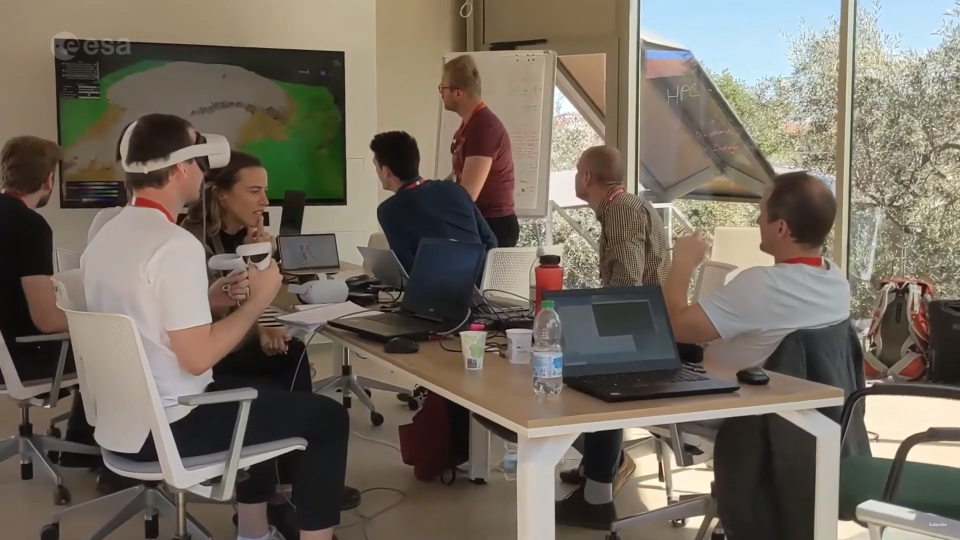Publié le 24 octobre 2022
Harnessing novel ideas and concepts to forge pioneering satellite missions and maximise the impact of Earth observation for society, FutureEO is ESA’s Earth observation research and development programme. This world-leading programme yields scientific excellence and the undisputable facts to understand our changing world – in essence, FutureEO is the cornerstone of ESA’s activities in Earth observation.
Responding to today’s challenges including the impact of climate change, the loss of biodiversity, the health of our oceans, the availability of water, extreme events and geohazards along with efforts towards decarbonising Europe all rely on the backing of robust science. By returning critical data to understand the planet and predict what lies in store, satellites such as the Earth Explorers – FutureEO’s bold research missions – are fundamental to advancing science and, ultimately to restore environmental balance for a sustainable future.

ESA Science Hub
Access the video
Focusing on Earth system science, the new Science Hub offers a centre for scientific cooperation with ESA’s Member States. It fosters open science, maximises the scientific impacts of the family of Earth Explorers and the Copernicus Sentinel missions, enhances the scientific outputs of FutureEO, and advances the scientific basis of Digital Twin Earth.
The new Science Hub, which is located at ESA’s centre for Earth Observation near Rome in Italy, is a space to bring people together, a place to nurture networking and collaboration after all the challenges of recent years.
Science is the key to unlocking the mysteries of how our planet works as a system and to predicting what is in store as human activities continue to upend Earth’s natural balance.
In order to exploit our scientific yield even further, we need closer collaboration with academia and closer links with scientists from a wide range of disciplines – and our new Science Hub will help achieve this.
ESA’s Director of Earth Observation Programmes, Simonetta Cheli
The Hub has already begun being staffed by a number of research fellows and visiting scientists.
Source:
-
Boosting Earth science. (n.d.). Retrieved October 24, 2022